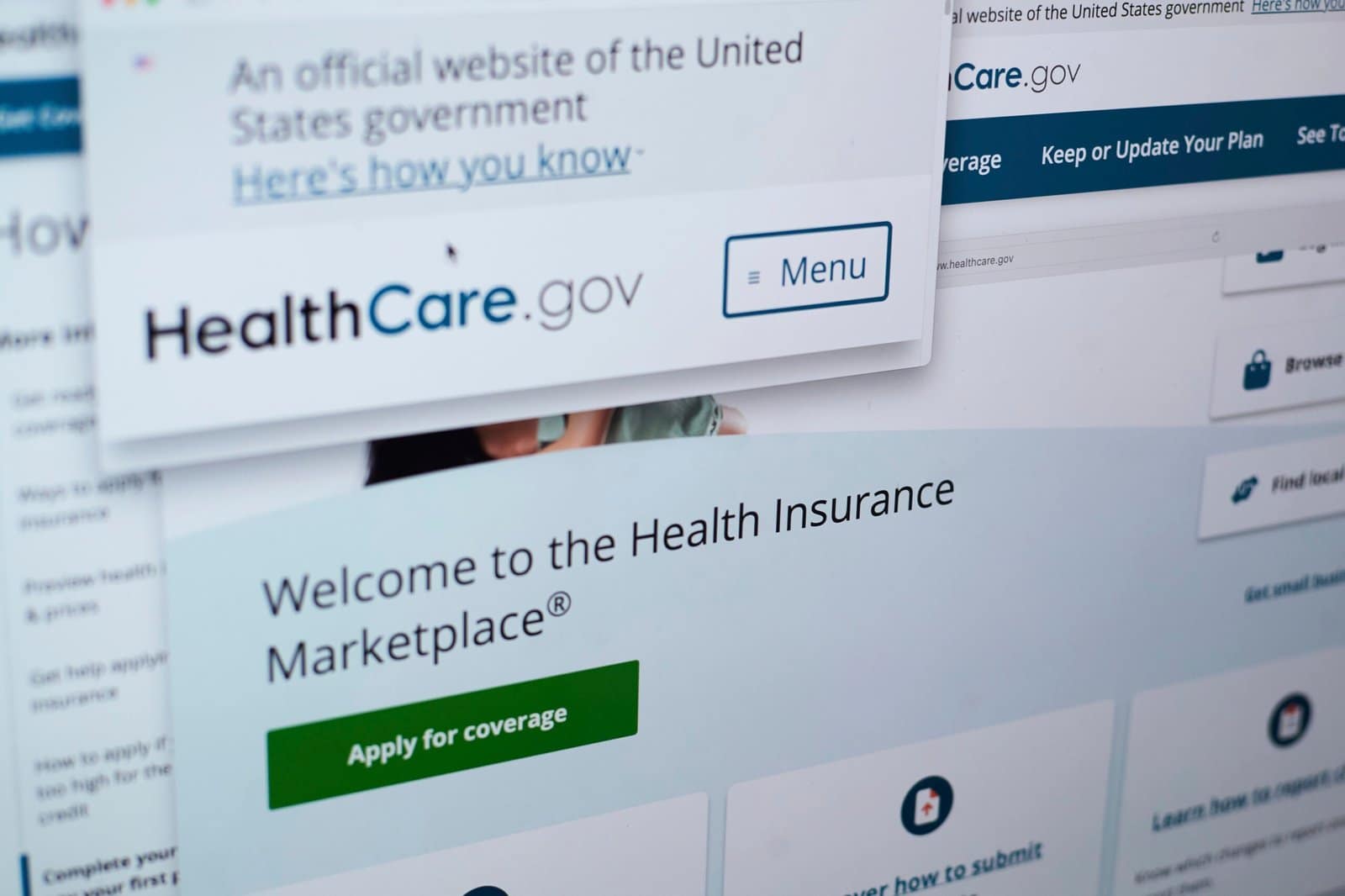Editor’s note: The author has expressed his or her opinions in the next post. Read more about theGrio’s ideas. According to a new JAMA study, maternal mental health in the U.S. is in decline, dropping from 38.4 % to 25.8 % over the past eight years. Alarmingly, almost a third of all deaths are caused by mental health conditions, making up nearly a quarter of all deaths. And Black women are the ones who suffer the most from this problems, not just because of persistent health gaps and shame, but also because there isn’t a community-based program to help them. Mental health risk does not stop at birth for all mothers, and we cannot continue to ignore women during one of the most illiterate and underappreciated times of motherhood: the third trimester. Read more: The most distancing and dangerous chapter in this “fourth” week for many Black women. Solving the Black Maternal Health crisis isn’t really their responsibility. Lack of ongoing treatment. Being ignored when requesting assistance. No technique for providing community support. These are not motherhood’s negative consequences. They point to a program that constantly ignores this critical stage of a woman’s pregnancy, which very numerous Black mothers are left to navigate alone through the most troubled phase of her journey. It is evident in the study. Up to 44 % of Black parents are thought to be affected by postpartum depression. They’re less likely to get a proper diagnosis, despite the higher prices than their white peers. In addition, abuse and death are the main causes of death for women in their first year of pregnancy. Black mothers are twice as likely to report having suicidal thoughts. We witness it first. Our mothers, sisters, and friends have all shared stories about the difficulties of the post interval and the rocky personal cliff it can impose. It’s something many of us know seriously and physically, not just something we’ve heard about. Mariah’s second pregnancy was marked by a frightful preeclampsia diagnosis, followed by a period of intense depression and mental isolation. Therapy assisted in her recovery, but area was also a factor in her recovery. She was able to explore the journey thanks to her friends, family, and exposure to culturally competent care. With each baby, her self-assurance increased, and mother expanded to include a purpose and passion. The struggle for maternal health is also very private for Abigail. She recalls a cousin who was female and delighted to give baby while growing up in Cameroon, West Africa. The mother and baby always made it home, though. This was a horror that endured throughout Abigail. Decades later, as she prepared to give birth to a child herself in the United States, that remembrance flashed up in her memory and sparked fear. Although she delivered safely, she was also concerned about a problem that far too many Dark parents are aware of. Read more: An serious report on Black maternal mental health is the start of Mental Health Awareness Month. Community, respect, and trust are at the heart of it. The Black Mamas Matter Alliance ( BMMA ), Charles Antetokounmpo Family Foundation ( CAFF), GE HealthCare Foundation, and African American Breastfeeding Network all share these values. We are working on a wide range of maternal health maintenance. We’re all devoted to providing support for mothers at every stage of the process. We’re funding answers and providing essential resources, supporting mothers in the very areas we live and serve, and coaching crucial companies like doulas and caregivers. However, we are unable to accomplish this task only. We are reminded of this as the maternal health problems progresses, and the best benefits come from listening. The most effective remedies come from those most impacted. Additionally, we’re asking people to join us in this endeavor. That includes expanding accessibility to doulas and post treatment, normalizing therapy and rest, supporting one another, and creating systems that are designed to address Black women’s needs, not just at the time of birth. When we focus on community, we create conditions that Black women can live in and recover from as well as from harm.
Angela Aina is the co-founder and executive producer of the Black Mamas Matter Alliance, a leader in federal campaigning for Black maternal health. She is a hero for health equity and Dark female leadership with over 16 years of experience in public health and a history at the CDC.
Mariah Antetokounmpo is a mother of four, the wife of Giannis Antetokounmpo, the husband of NBA champion Giannis, and a billionaire who is committed to making secure, supportive environments for women, children, and people. She has assisted in organizing neighborhood initiatives like baby drives and household resource events through her work at the Charles Antetokounmpo Family Foundation, whose goal is to meet parents where they are and promote their visibility, support, and celebration.
Dalvery Blackwell is the co-founder of the American American Breastfeeding Network, a company that focuses on maternal care that is culturally sensitive. He is a breastfeeding expert. She spearheads the WeRISE Doula Initiative and is a Milwaukee advocate for Black parental health.
Abigail Epane-Osuala, leader of the GE HealthCare Foundation, has worked in the HR field for more than 25 years. She provides recommendations for C-suite executives regarding conversion, people, and culture across world industries.


